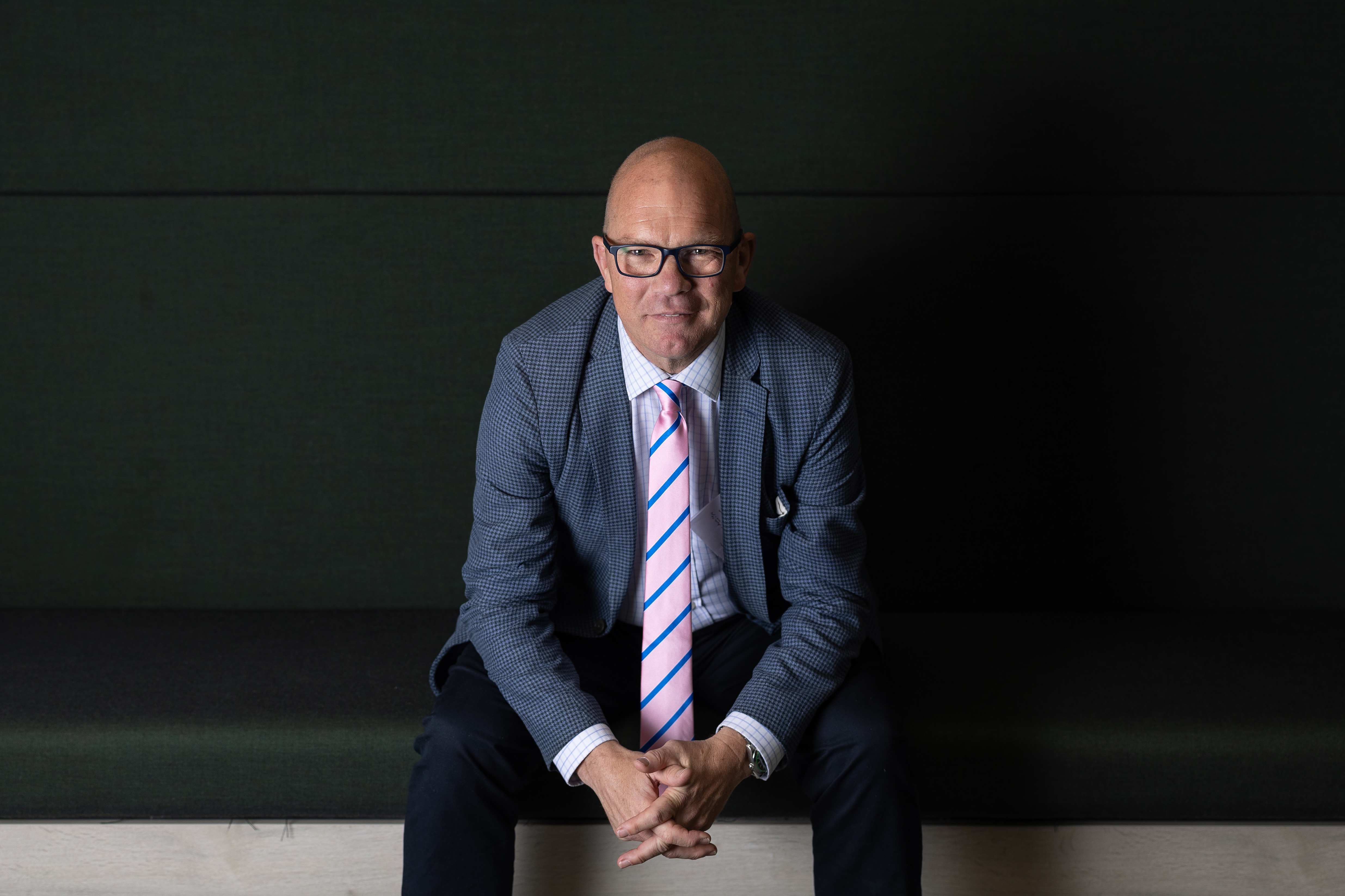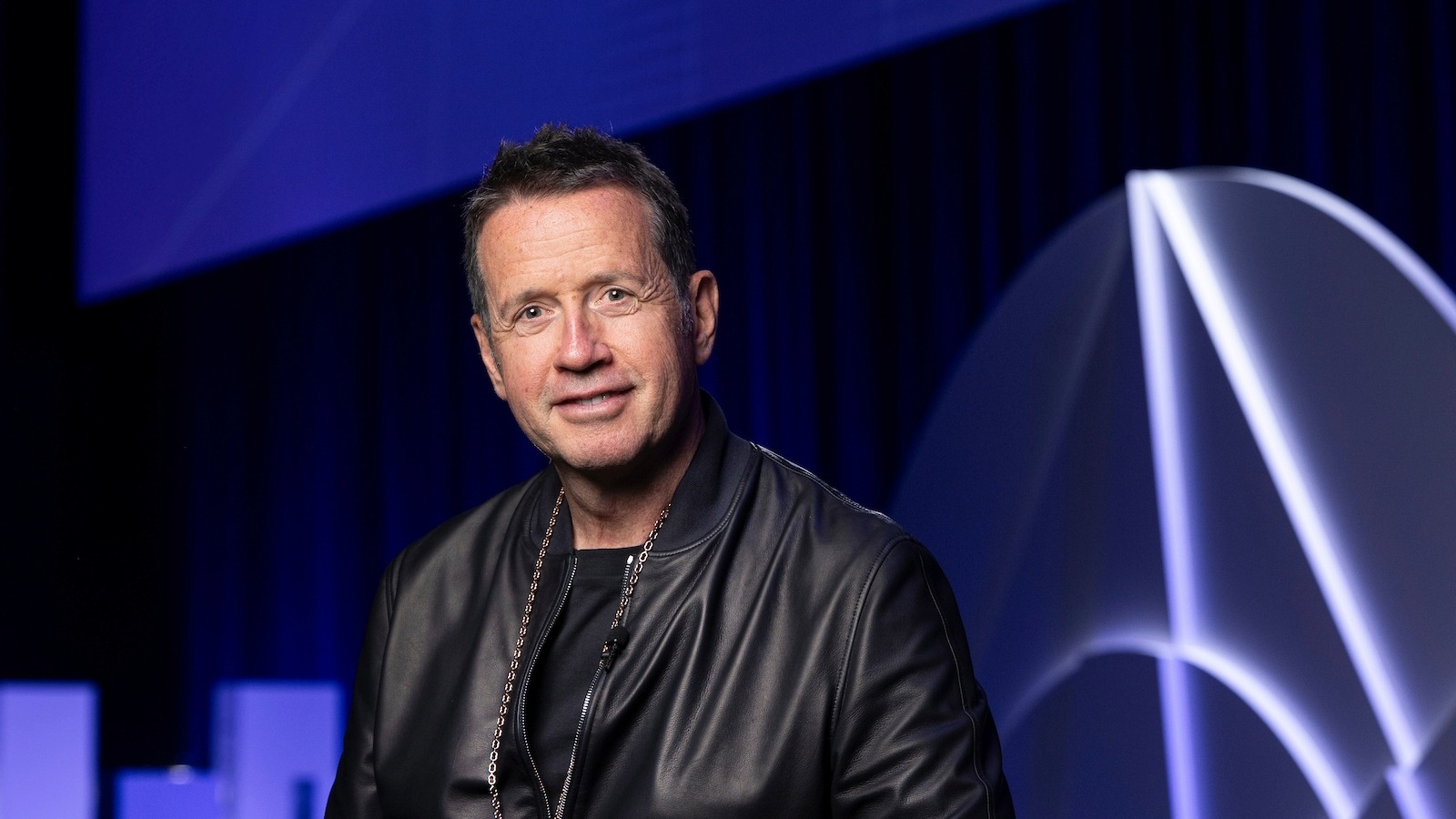Despite the downturn, conditions are ripe for trying new things–an imperative for luxury businesses big and small.

Despite the downturn, conditions are ripe for trying new things–an imperative for luxury businesses big and small.
Despite the downturn, conditions are ripe for trying new things–an imperative for luxury businesses big and small.
LONDON – It’s been often said that entrepreneurs and innovators will get us out of this Great Recession, what with all of those unemployed people hatching new ideas at home.
But on first glance, this hardly seems like the easiest time to execute innovation strategies or start new companies. How do you convince staid companies to try new things and take risks when their businesses are buckling beneath them? How do you start a new company when investment capital is sparse and consumers have stopped spending?
In a trading update at the end of January, Richemont said that “demand for luxury goods…has fallen dramatically,” and “we are facing the toughest market conditions since [our] formation 20 years ago. We see no cause for optimism. We must assume that there will be no significant recovery in the foreseeable future and plan accordingly to cope with this situation.”
Look a little deeper, however, and it seems conditions are actually ripe for trying new things. The Economist recently asserted that:
The downturn has advantages as well as drawbacks. Talented staff are easier to find and office space is cheaper to rent. Harder times will eliminate the also-rans and, in the long run, could make it easier for the survivors to grow. As Schumpeter pointed out, downturns can act as a ’good cold shower for the economic system,’ releasing capital and labour from dying sectors and allowing newcomers to recombine in imaginative new ways.
One example of such recombination is Gilt Groupe. Drawing from backgrounds in e-commerce and luxury respectively, Alexis Maybank and Alexandra Wilkis Wilson spotted the opportunity to combine private sales with social networking. Today, their online luxury discount sale site is growing at an astronomical pace, even while the economy is in the doldrums. The key to their success? Attracting a stellar team of professionals from media, luxury and technology companies in order to fuel growth. Alexandra and Alexis are this month’s LS Members in Profile
Entrepreneurship is also flourishing in other parts of the luxury world. This month, Guy Salter gives us the low-down on Walpole’s Brands of Tomorrow, a set of companies singled out by the prestigious UK luxury goods association for their potential for long-term success in the luxury sector. As you will see, this has required innovation, creativity and resilience by the bucket-load. Illustrated here is a cross-section of the various opportunities that these inspiring entrepreneurs have seized.
In Brazil, the story of Oskar Metsavaht, founder of Brazilian fashion brand Osklen, shows where some of Walpole’s nascent brands of tomorrow could end up some day, and provides some important lessons on building a global brand. A physician by training, Metsavaht shares the learnings of his experience in building a business which today turns over $80 million and spans several continents.
But innovation is not the exclusive domain of upstarts. Big companies must get into the action as well, in this time of rapid shifts in consumer preferences and behaviour. On that note, Helene Le Blanc reveals how small luxury automobile upstarts and big guns like Bentley are paving the way for green luxury cars
And finally, guest contributor Vikram Alexei Kansara opens our eyes to the potential for Intelligent Luxury Objects While the thought of handbags that send messages may seem like science fiction, Vikram makes a strong case for major luxury brands to explore these kinds of opportunities, which are just around the corner and which can take the relationship between owner and object to a whole new level.
There’s no doubt that times are challenging, making the accomplishments of the entrepreneurs and innovators from within our community nothing short of inspiring. Niccolò Macchiavelli said that “entrepreneurs are simply those who understand that there is little difference between obstacle and opportunity and are able to turn both to their advantage.” This is the common thread that runs through each of their stories.
I hope you will enjoy reading them as much as I have.
Imran Amed, Editor-in-Chief
P.S. Our latest Members’ Opinions include contributions from Alfonso Marone from Value Partners, Lucian James from Agenda Inc, and Richard Baker, CEO of the Premium Knowledge Group.










